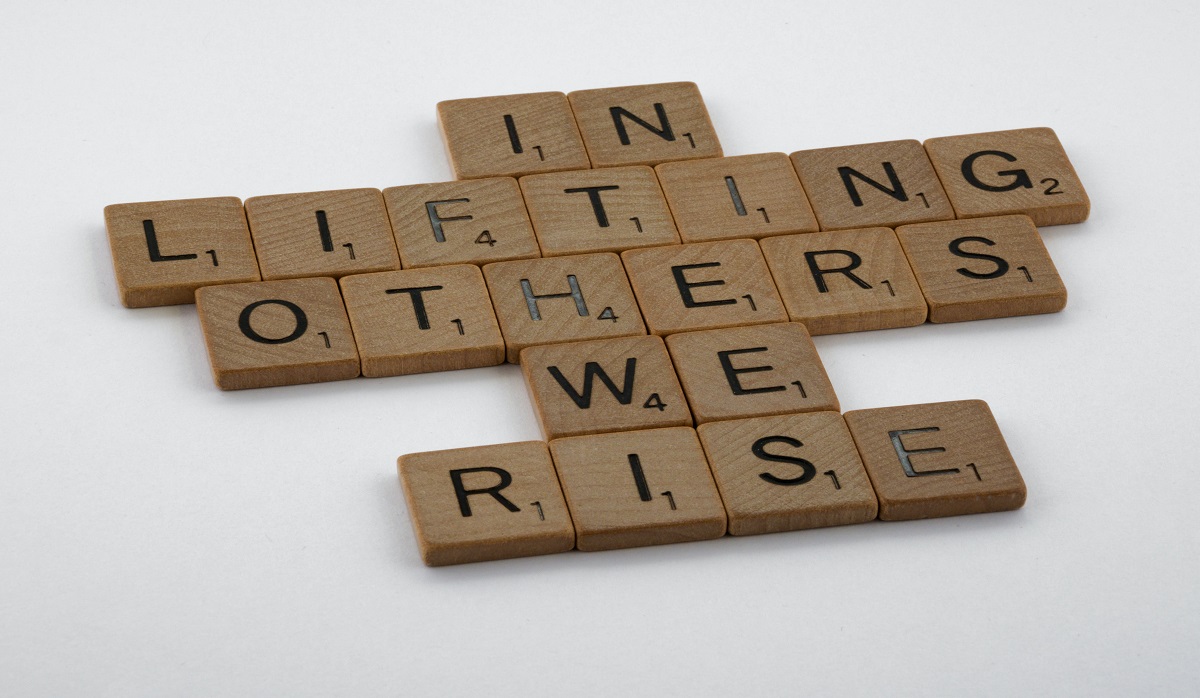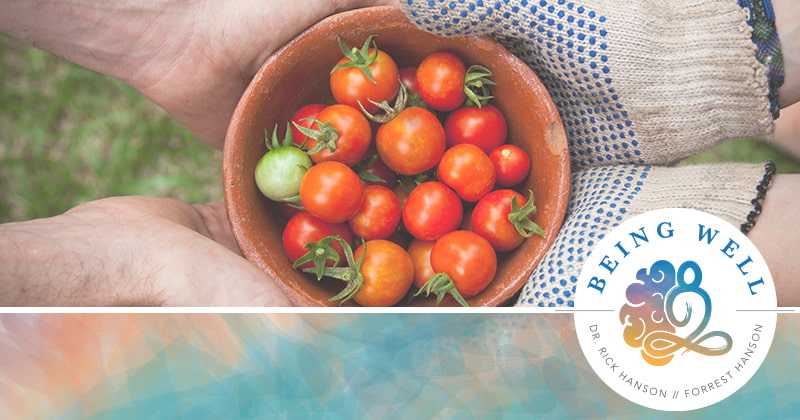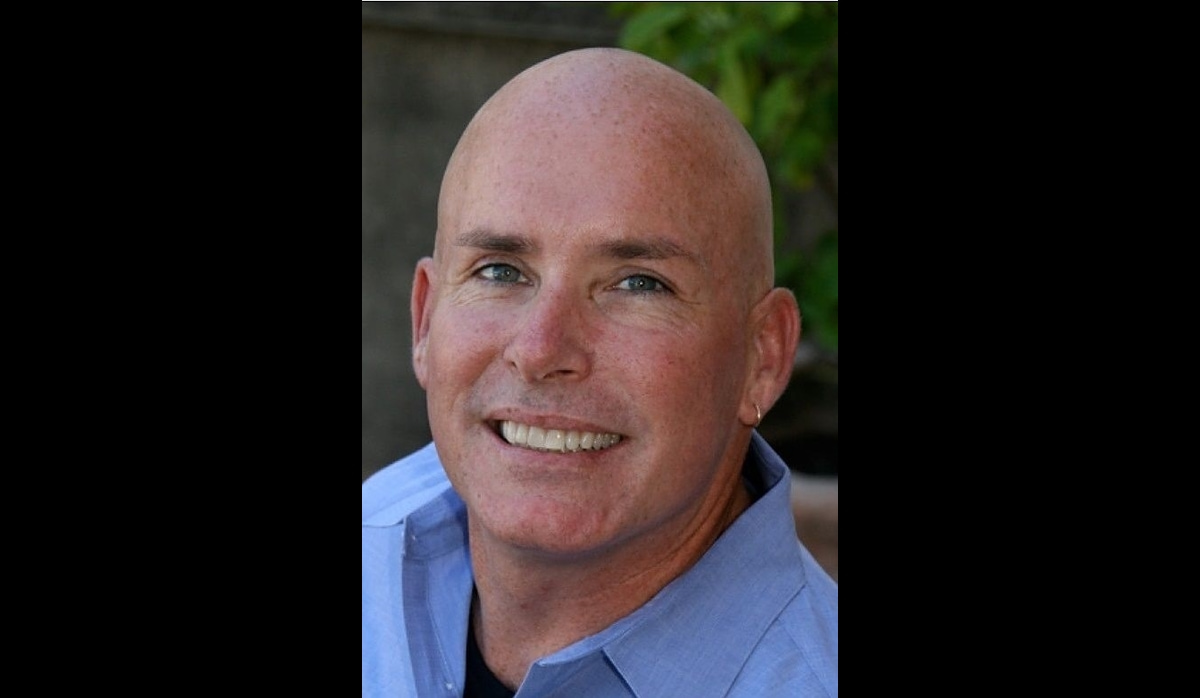Forrest and Dr. Rick focus on what supports us and what holds us back from reinventing ourselves and becoming all we wish to be, how they’d like to change over the next year, different approaches to new year’s resolutions, and highlight a few practical things we can do to support our change.

Rick Hanson
Author / Psychologist
Follow on:
Expertise
Biography
Rick Hanson, Ph.D. is a psychologist, Senior Fellow at UC Berkeley’s Greater Good Science Center, and New York Times best-selling author. His seven books have been published in 33 languages, and include Making Great Relationships, Neurodharma, Resilient, Hardwiring Happiness, Just One Thing, Buddha’s Brain, and Mother Nurture – with over a million copies in English alone. He's the founder of the Global Compassion Coalition and the Wellspring Institute for Neuroscience and Contemplative Wisdom, as well as the co-host of the Being Well Podcast – which has been downloaded over 15 million times. His free newsletters have over 260,000 subscribers and his online programs have scholarships available for those in need. He’s lectured at NASA, Google, Oxford, and Harvard. An expert on positive neuroplasticity, his work has been featured on CBS, NPR, the BBC, and other major media. He began meditating in 1974 and has taught in meditation centers worldwide. He and his wife live in Northern California and have two adult children. He loves the wilderness and taking a break from emails.
Articles
Meditation + Talk: The Metta Sutta – and Compassion’s Shadow
In this Wednesday Night Meditation, Dr. Rick Hanson offered a meditation and talk on The Metta Sutta – and Compassion’s Shadow.
Being Well Podcast: The Science of Stress with Dr. Elissa Epel
Dr. Elissa Epel joins us to explore the science behind the stress response, different forms of stress, what separates “good” stress from “bad” stress, how we can take advantage of good stress, and dealing with existential forms of stress like the climate crisis.
Meditation + Talk: How to Disentangle Yourself in Challenging Relationships
In this Wednesday Night Meditation, Dr. Rick Hanson offered a meditation and talk on How to Disentangle Yourself in Challenging Relationships.
Being Well Podcast: Responding to Criticism, and Accepting the Way Things Are
Dr. Rick and Forrest focus on how we can get better at receiving and giving criticism, learn to accept what lies outside of our control, and avoid the “mood of complaint.”
Meditation + Talk: Generosity – for Others and for Yourself
In this Wednesday Night Meditation, Dr. Rick Hanson offered a meditation and talk on Generosity – for Others and for Yourself.
Being Well Podcast: Untangling Ourselves with Koshin Paley Ellison
Koshin Paley Ellison joins Forrest and Rick to explore living, dying, and personal practice in the midst of our beautiful, challenging, messy lives.
Meditation + Talk: Appreciating Others and Yourself
In this Wednesday Night Meditation, Dr. Rick Hanson offered a meditation and talk on Appreciating Others and Yourself.
Being Well Podcast: How to Understand Anxiety and See Threats Clearly
Dr. Rick and Forrest focus on how we can see threats clearly and be the “right amount” of concerned.
Meditation + Talk: Fear Doesn’t Help
In this Wednesday Night Meditation, Dr. Rick Hanson offered a meditation and talk on Fear Doesn’t Help.
Being Well Podcast: Moving Beyond “Fair” to Build a Great Relationship with Nate and Kaley Klemp
Nate and Kaley Klemp explore how we can build fun, fulfilling, and truly equitable relationships, different models of relationship, breaking out of old patterns, and how we can manage situations where one partner really is contributing significantly more than the other.
Meditation + Talk: Accessing the Absolute: Pure Love and Peace Guided Meditation
In this Wednesday Night Meditation, guest teacher Stephen Snyder covered the topic of Accessing the Absolute: Pure Love and Peace.











